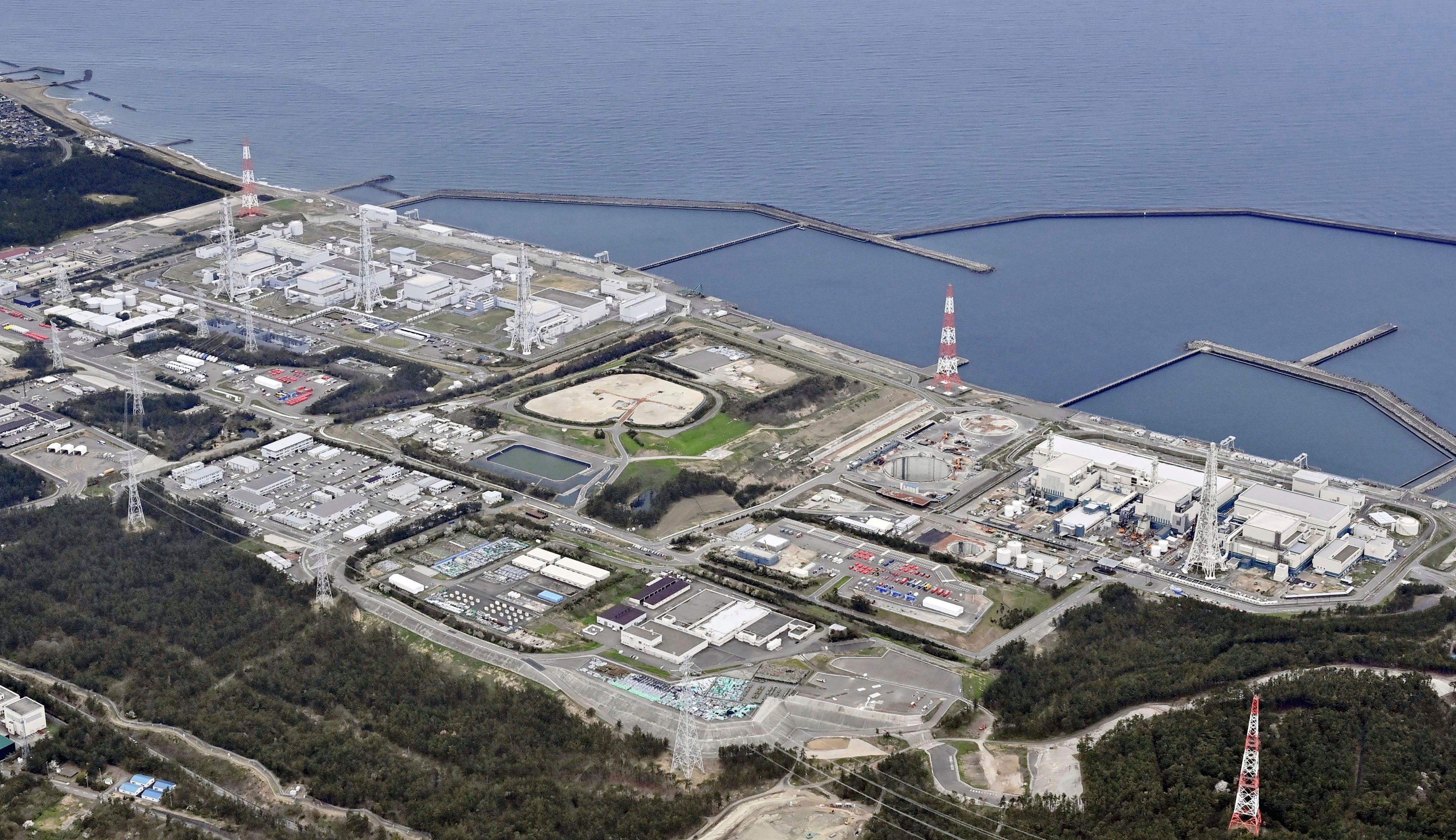IAEA team inspects treated radioactive water release from Japan's Fukushima nuclear plant
A team of experts from the U.N. nuclear agency has inspected the tsunami-hit Fukushima Daiichi nuclear power plant for a review of its ongoing discharge of treated radioactive wastewater into the Pacific

Your support helps us to tell the story
From reproductive rights to climate change to Big Tech, The Independent is on the ground when the story is developing. Whether it's investigating the financials of Elon Musk's pro-Trump PAC or producing our latest documentary, 'The A Word', which shines a light on the American women fighting for reproductive rights, we know how important it is to parse out the facts from the messaging.
At such a critical moment in US history, we need reporters on the ground. Your donation allows us to keep sending journalists to speak to both sides of the story.
The Independent is trusted by Americans across the entire political spectrum. And unlike many other quality news outlets, we choose not to lock Americans out of our reporting and analysis with paywalls. We believe quality journalism should be available to everyone, paid for by those who can afford it.
Your support makes all the difference.A team of experts from the U.N. nuclear agency inspected the tsunami-hit Fukushima Daiichi nuclear power plant Wednesday for a review of its ongoing discharge of treated radioactive wastewater into the Pacific.
A temporary blackout at the plant due to a mishap at a ground digging site apparently caused damage to an underground electric cable Wednesday morning and halted the treated water discharges for several hours, though the IAEA team was able to complete its inspection, according to the plant operator, Tokyo Electric Power Company Holdings.
TEPCO said the treated water release resumed Wednesday evening and no abnormalities have been found.
The International Atomic Energy Agency team on Tuesday began a four-day review of the treated water release, its second since Japan began the discharge last August.
Japan’s government and TEPCO say the treated water is filtered and diluted by large amounts of seawater to levels much safer than international standards. Results of monitoring of seawater and marine life samples near the plant show concentrations of tritium, the only inseparable radioactive material, are far below Japan’s recommended limit, they said.
The discharges have been opposed by fishing groups and neighboring countries including China, which banned all imports of Japanese seafood immediately after the release began.
The plant released about 31,200 tons of the treated water in four batches. The ongoing fifth batch of 7,800-ton release lasts through May 7.
“This independent, objective and science-based approach will help build confidence to the people in Japan and beyond,” mission leader Gustavo Caruso, director of safety and security coordination at IAEA, said at a meeting Tuesday with Japanese officials.
The team includes independent international experts from 10 countries – Argentina, Australia, Britain, Canada, China, France, Russia, South Korea, the United States and Vietnam.
In March, IAEA chief Rafael Mariano Grossi visited the plant and confirmed that the discharges have been safely carried out as planned.
A 2011 earthquake and tsunami damaged the Fukushima plant’s power supply and reactor cooling functions, triggering meltdowns of three reactors and causing large amounts of radioactive wastewater to accumulate. After more than a decade of cleanup work, the plant began discharging the water after treating it and diluting it with seawater on Aug. 24, starting a process that’s expected to take decades.
After Wednesday’s plant visit, the IAEA team members are expected to have more discussion in Tokyo through Friday before compiling a report at a later date.